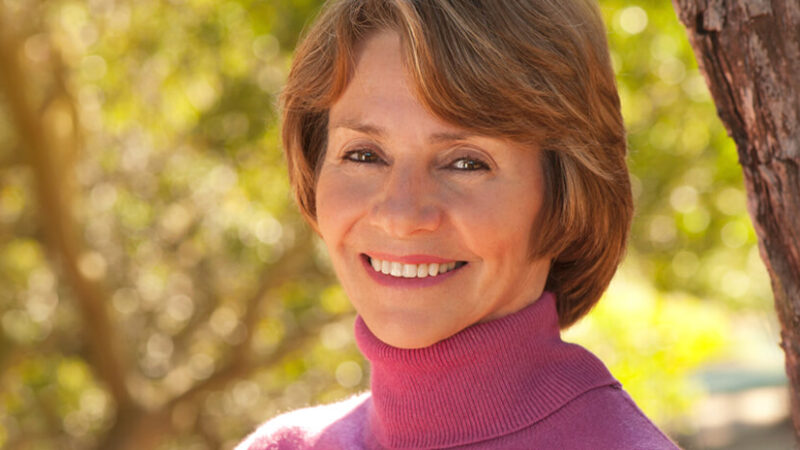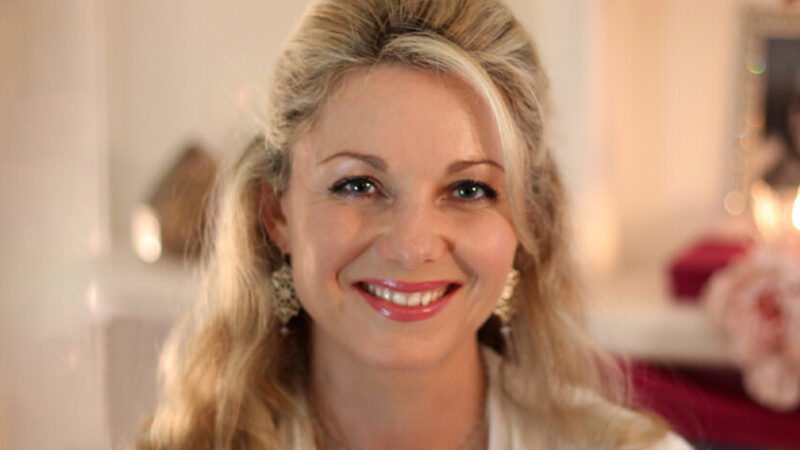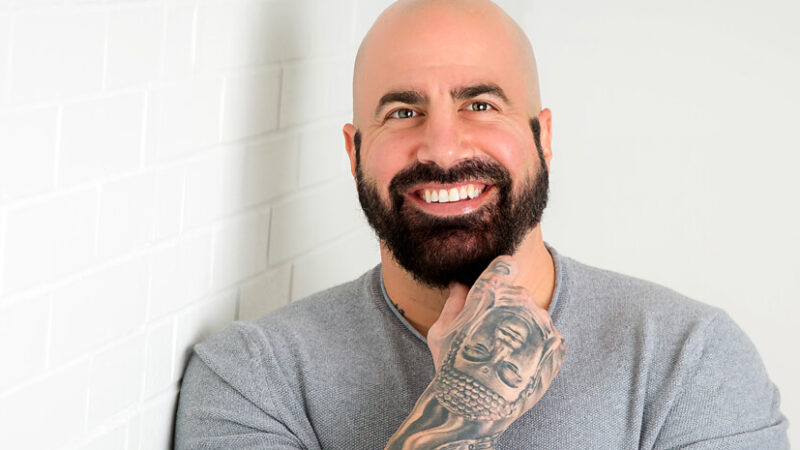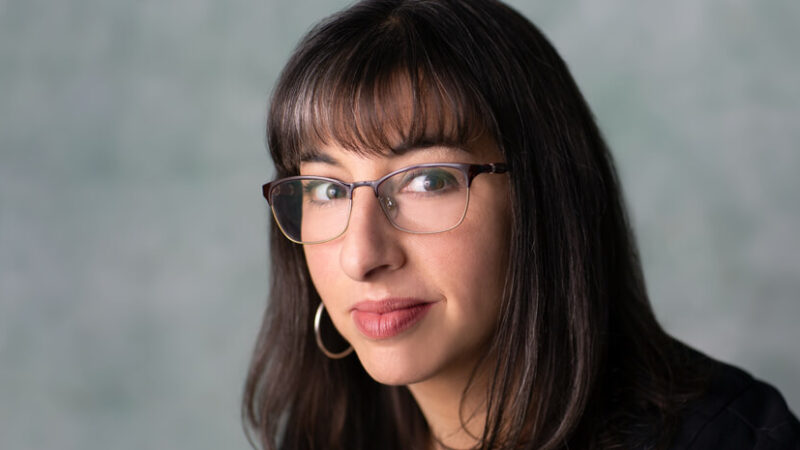Lynne Twist: Finding Fulfillment in a Purpose Larger t...
At a time when many of us are feeling hopeless, angry, or cynical, how can we reclaim our joy and choose to see possibility instead? How can we change what we tell ourselves about our lives and our world? In this podcast, Tami Simon speaks with author and activist Lynne Twist about her new book, Living a Committed Life, and discovering the role we each must play to usher in a new era for humanity.
Tune in for an inspiring discussion of strengthening your “possibility muscle”; the power of disruption; the breakthroughs hidden in the breakdowns; choosing to tell a new story; the relationship between pain and joy; the willingness to be “proximate to suffering”; grief as medicine; the origins of the Pachamama (Mother Earth) Alliance; why everyone has a role to play in the healing of our world; finding your calling and answering the question “What breaks your heart?”; envisioning a new kind of human being, a new kind of humanity; and more.
This episode first aired live and on video on Sounds True One. To watch Insights at the Edge episodes live and on video, and to access additional bonus Q&A, please visit join.soundstrue.com to learn more.






